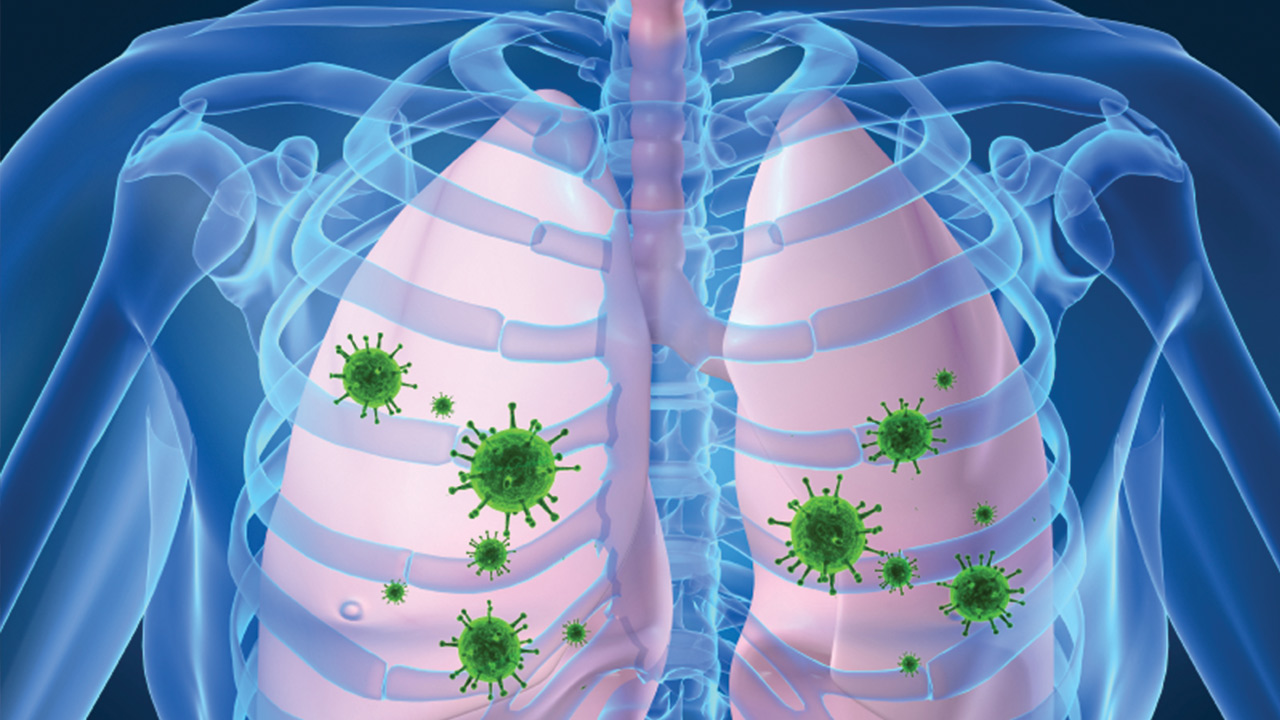Decreasing an aging loved one’s risk of contracting preventable yet potentially deadly diseases, such as Covid-19, flu or pneumonia, is as simple as getting a shot (or two).
Older adults and those with chronic medical problems are especially susceptible to contracting and developing complications from often preventable diseases. According to the Centers for Disease Control and Prevention (CDC), between 70 and 85 percent of seasonal flu-related deaths have occurred in people 65 years and older, and between 50 and 70 percent of seasonal flu-related hospitalizations have occurred among people in this age group. Similarly, the health effects of the novel coronavirus, Covid-19, become more severe with age, placing older adults at a much higher risk of hospitalization. What's more, 80% of deaths caused by Covid-19 occurred in the over 65 population.
Fortunately, there are several vaccines available to older adults that can significantly reduce the risks associated with getting Covid-19, flu, pneumonia and other potentially deadly illnesses.
Immunizations for Elderly Individuals
Shingles (Herpes Zoster)
Shingles is more common (and severe) among the elderly and people with compromised immune systems, so anyone over the age of 49 should get the shingles vaccine. Shingles generally manifests as a painful, blistering skin rash, but it can also cause additional problems, such as fever, postherpetic neuralgia, hearing loss and vision problems. A senior can (and should) get vaccinated, even if they’ve already had an outbreak of shingles.Flu (Influenza)
While the flu may not seem like a big deal to younger, healthy people, it can be deadly among seniors age 65 and up. There are several different types of flu vaccines available, but the only one recommended for seniors is a specially designed high-dose shot. The higher dosage of antigens it contains offers the elderly more protection than the traditional flu shot because it triggers a stronger immune response. This option also doesn’t expose an older adult to the live virus, like the nasal spray vaccine would. Receiving an annual flu shot is extremely important for people of all ages.Tetanus, Diphtheria and Pertussis (Td or Tdap)
The vaccinations for tetanus, diphtheria and pertussis are often given as a single shot. It’s recommended that everyone, regardless of their age, get a tetanus/diphtheria (Td) or tetanus/diphtheria/pertussis (Tdap) booster shot at least every ten years, or after possible exposure to the bacteria that causes tetanus. Tetanus typically enters a person’s bloodstream through an open wound and can be deadly, so individuals who have already been vaccinated should still get a tetanus booster after a severe cut, puncture wound or burn.Chickenpox (Varicella)
If an older adult hasn’t had chickenpox or the chickenpox vaccine, it’s recommended that they undergo a preventative, two-shot regimen. However, seniors who have immune system deficiencies, have cancer, or are taking prescription medications that inhibit the immune system should not get the vaccine until they talk to their doctor.Pneumonia (Pneumococcal)
Seniors are more likely to contract pneumococcal disease, especially if they visit the hospital and other health care settings frequently. Pneumococcus bacteria are one of the most common causes of severe pneumonia, a lung infection that can be fatal. People 65 and older should get the pneumococcal polysaccharide vaccine (PPSV23), which protects against the 23 most common strains of pneumonia-causing bacteria.Measles, Mumps and Rubella (MMR)
Recommendations regarding the MMR vaccine in elderly individuals vary, though the issue is becoming a greater concern, given the increasing numbers of unvaccinated American children who are now contracting measles. According to the CDC, people born before 1957 were exposed to measles epidemics and have likely developed an immunity to the disease, so they do not need to be vaccinated when they’re older. However, individuals who received an inactivated measles vaccine in the 1960s or were never vaccinated as children are recommended to get another round of shots, as is anyone born after 1957 who has no record of ever receiving the MMR vaccine.COVID-19
The CDC has issued rollout recommendations for the currently limited supply of COVID-19 vaccines in the form of priority groups and phases. In addition to health care personnel and frontline essential workers, residents of long-term care facilities, people aged 65 years and older, and adults with underlying medical conditions are included in the first few phases of the CDC’s rollout plan. Seniors and those with certain health conditions like cancer, COPD and diabetes are at increased risk of hospitalization, illness and death from COVID-19 and should be vaccinated as soon as they are eligible. Keep in mind that each state makes its own vaccination plan. You can use the CDC’s Health Department Directories to look up your health department and COVID-19 vaccine information specific to your state/county.
Getting Vaccines for Elderly Individuals
For older adults with certain medical conditions, the CDC advises additional vaccinations, including Hepatitis A, Hepatitis B and Meningitis. Medicare Part B (medical insurance) covers most vaccinations with a few exceptions. However, according to Medicare.gov, Medicare Part D (prescription drug coverage) covers all commercially available shots needed to prevent illness.
It is more important than ever to check with your loved one’s doctor to make sure they are up to date on all their suggested vaccinations. As a family caregiver, it’s equally important to ensure you and all members of your family are also current on immunizations to help protect your aging loved ones and others who are immunocompromised or unable to get vaccinated from being exposed to dangerous diseases.
